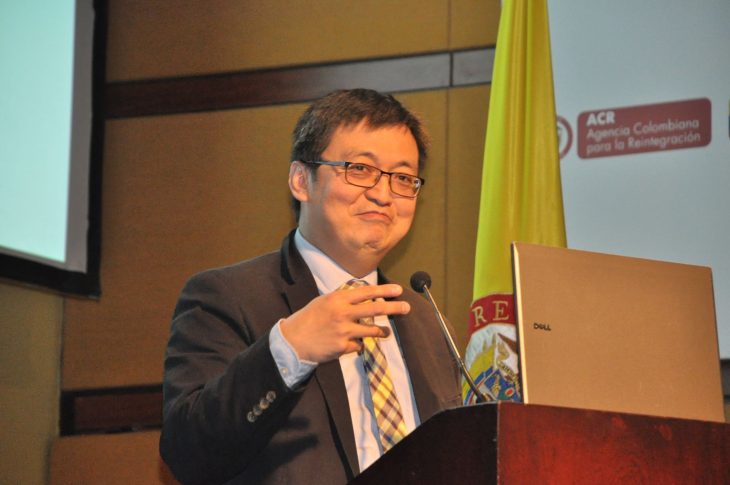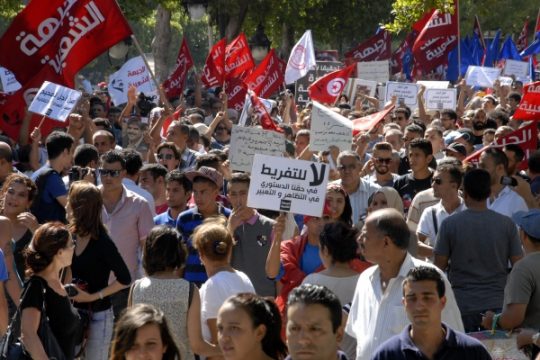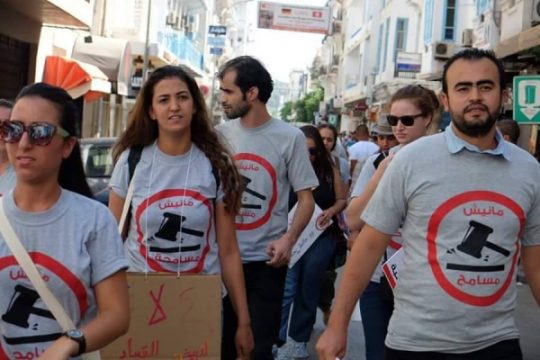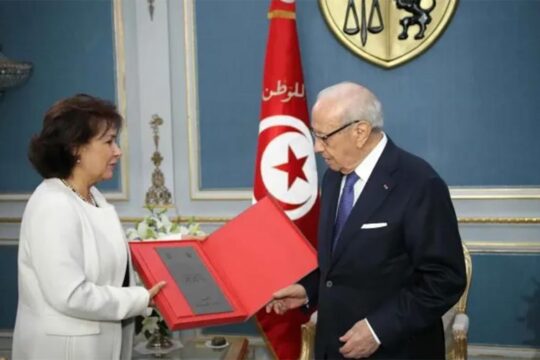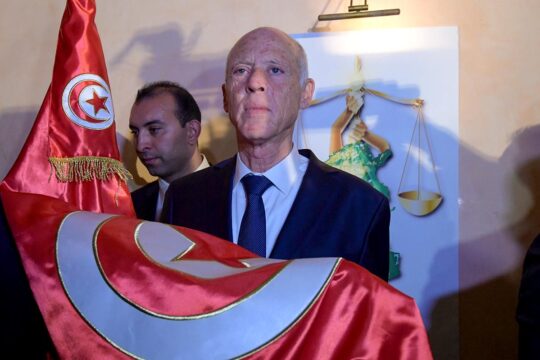Ruben Carranza is director of the Reparations Program at the International Center for Transitional Justice (ICTJ) and an expert in tracking dictators’ money. It is thanks to him that the Philippines, his home country, managed to recover funds of former dictator Marcos. In this interview with JusticeInfo.Net, he suggests ways that Tunisia could recover some of the ill-gotten gains of the Ben Ali clan.
JusticeInfo: Six years after the revolution, Tunisia has still not managed to recover the ill-gotten gains of Ben Ali and his family, which are held in various banks throughout the world. What could be done to recover them?
Ruben Carranza: There are three steps that Tunisia should take. First, it should refer to Chapter 5 of the UN Convention against corruption, which I helped draft. This Chapter says countries that have been robbed of funds by persons in high public positions or having exercised high public functions should not rely just on negotiations led by their lawyers. Even if these lawyers are excellent, they do not have all the necessary capacities to conduct investigations. Tunisia needs to develop its ability to trace funds abroad. Then it needs to find a way to force the ex-dictator’s relatives and those close to him, who have drawn big benefits from the system, to reveal the details of their bank accounts. And finally, in order to push European States to transfer ill-gotten gains, Tunisia needs to back up its requests with a programme of reparations for victims, because the Europeans have often argued against restoring money on grounds of corruption in the countries concerned. Providing compensation for the wrongs of the past in line with human rights values can be a powerful argument to recover the assets of the former dictatorship.
JI: Debate in Tunisia over the draft law on so-called economic reconciliation has led some people to accuse transitional justice of sticking its nose in economic crimes, whereas it is supposed to deal with human rights violations. What do you think about that?
RC: Transitional justice is supposed to deal with issues relating to the crimes of the past. I think it is nonsense to separate human rights abuses from crimes of corruption, especially if both have been committed by the same people. I have learned something important from my work on countries emerging from dictatorial regimes: the impunity enjoyed by human rights abusers is strengthened by their impunity with regard to crimes of corruption. Let me explain. Those people use their ill-gotten gains to avoid their human rights responsibility by paying lawyers or, even worse, greasing the palms of judges, politicians and journalists. In Latin America, dictators have always maintained the myth that they were not corrupt. Augusto Pinochet, under whose regime thousands of people disappeared, claimed for a long time that he was Mr. Clean, until his hidden bank accounts were discovered not long ago in the United States. Chili is now going after his wife to get illegal money back. Also, we know that the Tunisian revolution did not happen just because of human rights abuses. Its roots stem from unemployment, corruption and nepotism. So if we want justice to be done, we need to open these files. We should not separate one form of responsibility from another, even if each type of violation requires a particular form of reparation.
JI: Do you think the sharp rise in corruption in Tunisia today is linked to impunity enjoyed by the barons of corruption?
RC: Absolutely. The new barons think that they can also enjoy the same impunity as those who preceded them. They think that can also benefit from the reconciliation offered to former businessmen suspected of corruption.
JI: In Tunisia, some 100 corruption cases have been filed with the judicial authorities following investigations by the National Anti-Corruption Body (INLUCC). But it’s dragging on, and aren’t the judicial authorities also lacking independence, and subject to influence from corrupt officials? If so, what should be done?
RC: There are similar cases in other countries emerging from dictatorship. In the short term, vetting within the institutions, according to clear criteria, pensioning off officials linked to dubious practices of the old regime, could provide a solution. But we know this process often provokes resistance and does not guarantee that the new people in charge are not corrupt. In the longer term, further measures are needed, including strengthening the independence and resources of the anti-corruption body. In post-revolutionary contexts, there are always lots of doubts and suspicions, including of bodies fighting corruption. Restoring people’s trust can be done through symbolic trials, brought before the courts and which have an impact on people.



